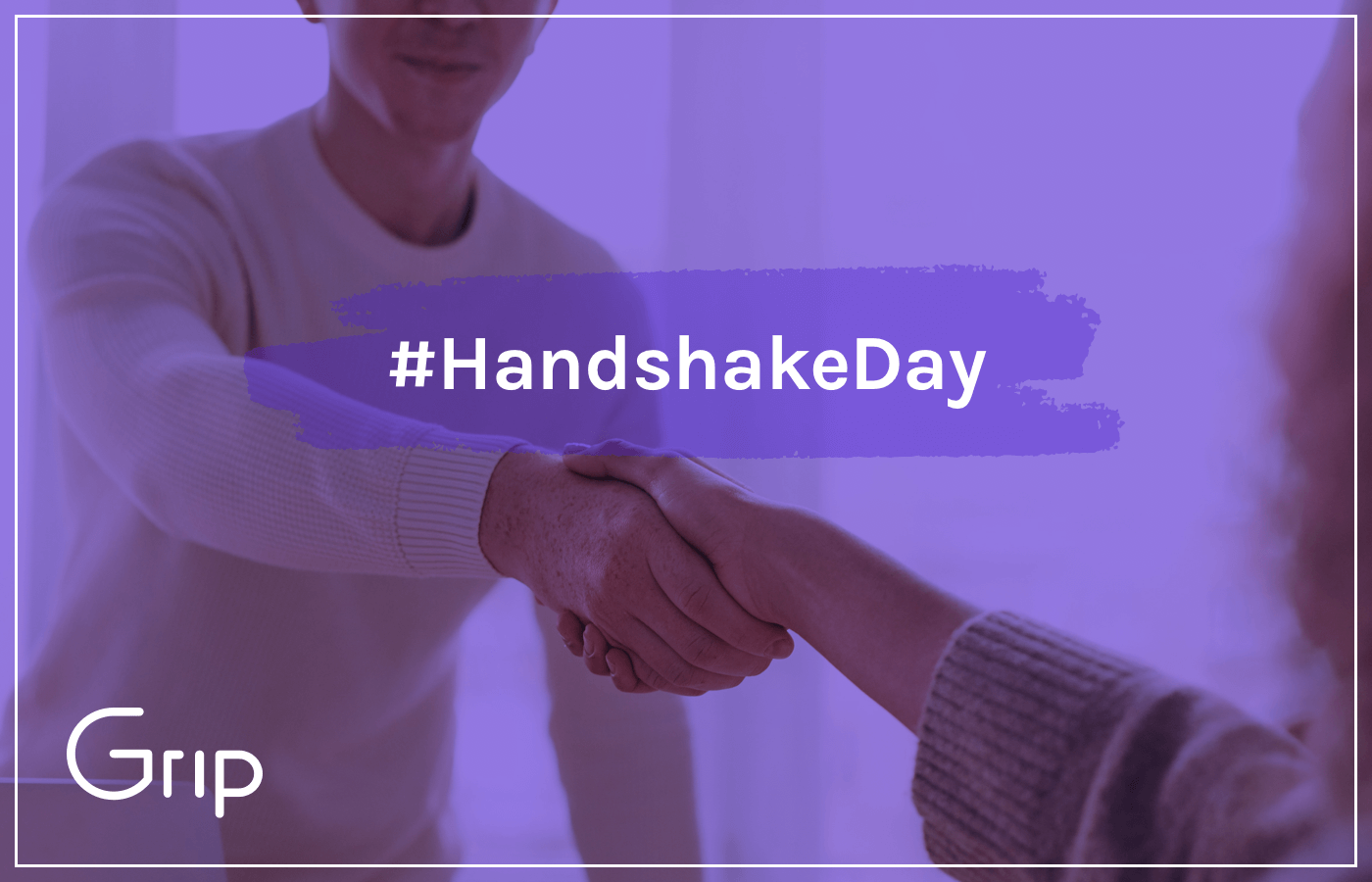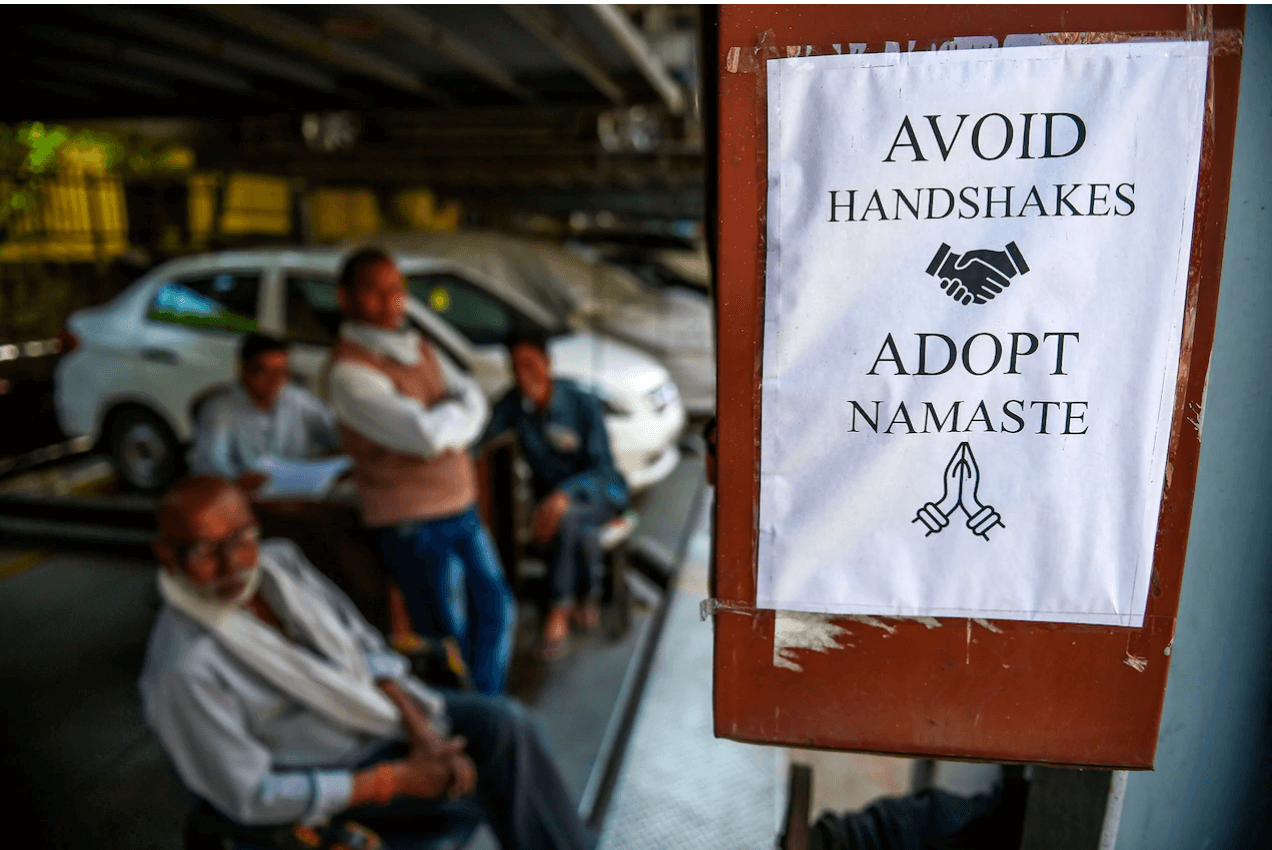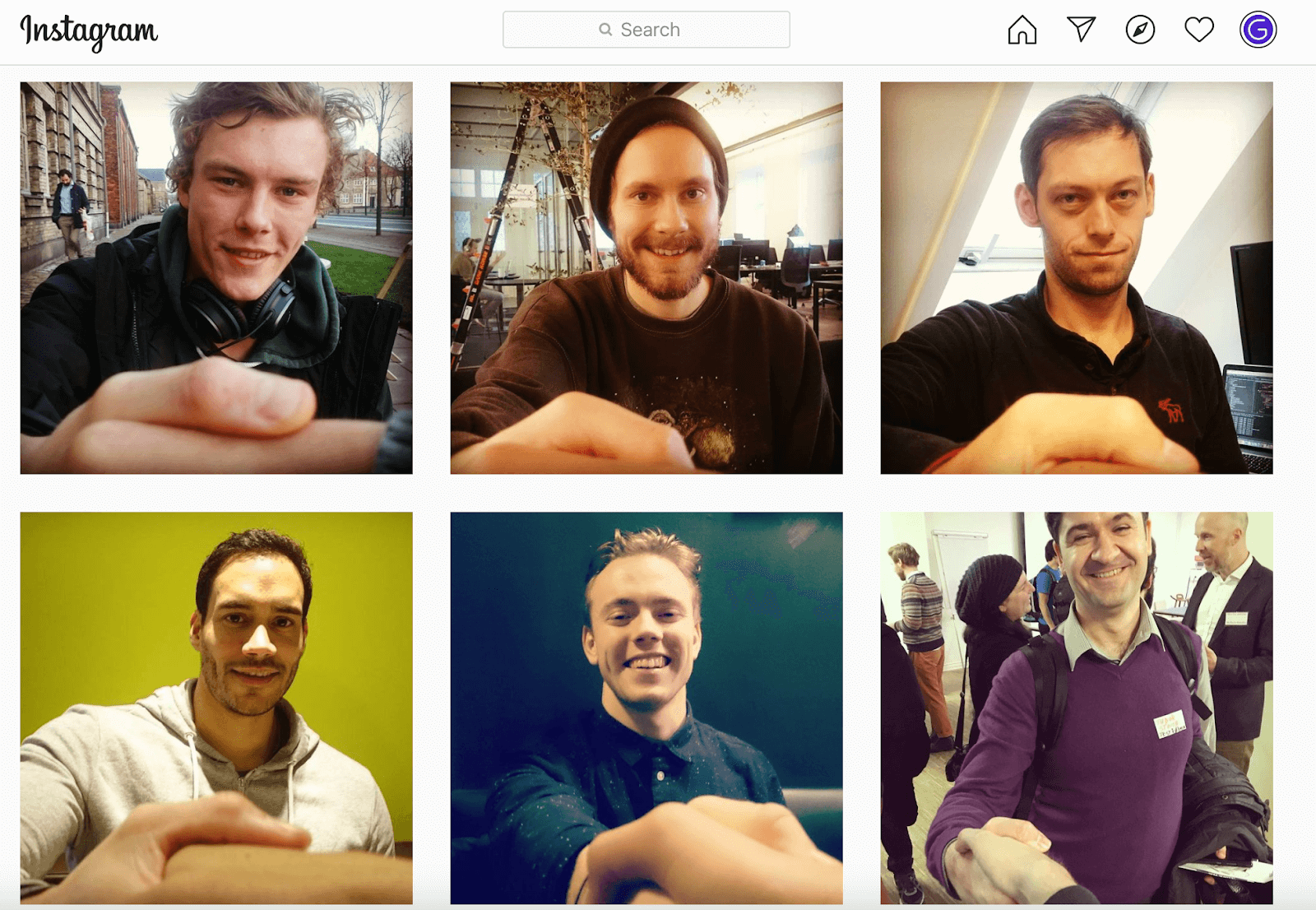The new meeting revolution: Why connections are the #1 growth lever for events
How meeting-led strategies at events are transforming event ROI.

You might stick out your tongue in Tibet. An air kiss on the cheek in
France? Perhaps, the formal but very traditional greeting of putting your hand on your heart in Malaysia.
However, you do it; greetings have been a part of our fabric for millions of years.
At Grip, we, of course, have a soft spot for the good old handshake. But we also recognise that greetings may change in our 'new world' and how physical touch might be accepted differently with new connections.

PHOTOGRAPHY BY MONEY SHARMA, AFP, GETTY IMAGES
To shake or not to shake, that is the question!
"The handshake will be back," says Ella Al-Shamahi. "We've been doing it for 7m years, and it's part of our DNA."
"I don't think we should ever shake hands ever again, to be honest with you," said Dr Anthony Fauci (director of the U.S. National Institute of Allergy and Infectious Diseases and the chief medical advisor to the U.S. president)
Opinions will, of course, be divided.
One of the first rules from authorities and governments worldwide as the Covid-19 pandemic rose was to stop handshakes with one another. We replaced them with elbow bumps, the foot tap, and the 'wave' to prevent the spread of the virus.
But we can see that this has been advised during other pandemics in the past. So, what can we learn from this?
In the 15th century, the bubonic plague led Britain's King Henry VI to ban the custom of kissing on the cheeks as a mode of greeting.
In the 1920s, after the influenza epidemic that killed millions of people worldwide, the American Journal of Nursing began warning that hands could function as 'vectors of bacterial transfer.' It recommended that Americans adopt the Chinese custom at the time: to shake one's own hands together as a gesture of friendship and trust.
The Power of Connections
If touch was not accepted as a form of greeting in a post-Covid world, what do we lose?
The rise of digital channels and social media have seen us make connections without physical contact. But is the relationship as deep or quantified compared to face-to-face introductions?
Al-Shamahi continued, "As a basic unit of touch, nothing works as well as the handshake – it allows us to transmit chemosignals, build trust, gesture quickly and universally, and send positive signals of agreement, unity and acceptance."
Whether we're at a meeting, at an event, or having drinks in a bar, without doubt, Al-Shamahi is correct, and these greetings transmit quick and positive signals.
A B C – Always Be Connecting

Photo: In the early days of Grip, Tim Groot, CEO, started a series of photos on social media called "Handshake with"
Perhaps it is these quick signals we now need to move past. Our post-Covid world may suggest taking more time over the connections we make and building trust in different ways.
Digital channels give us greater potential to prepare before making connections. Understanding who we're going to meet, finding common ground. But don't risk losing spontaneity and serendipity, as in-person is perhaps still the point where trust and positive signals can be exchanged.
Whatever this means for the handshake, at Grip, we believe in the power of connections.
Connections and, more importantly, quality connections are crucial in business, and long-lasting success relies on these relationships. As humans, we have forever been connected, and this will not change. How you connect could be different, but invest in your relationships; they are your most valuable asset.